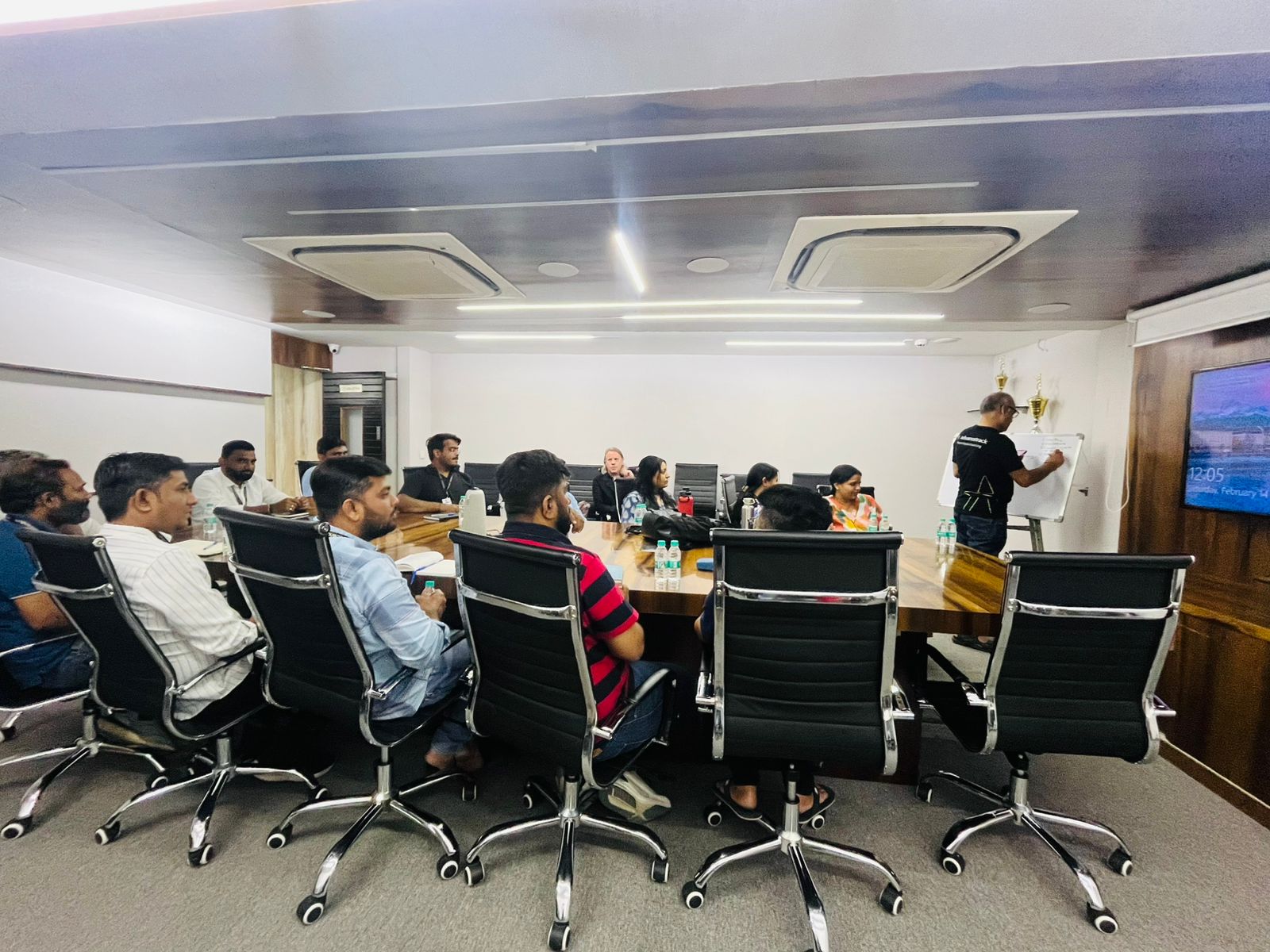
Accountancy firms are being stretched like never before, with more clients, tighter margins, and often, fewer staff. The answer isn’t longer hours, it’s clever processes.
That’s where accounting automation comes in, not as a replacement for skilled professionals, but as their most powerful ally. By automating time-consuming admin tasks, firms can free up capacity, reduce risk, and improve turnaround - all without compromising on quality or control.
The future isn’t AI vs. accountants, it’s accountants working with AI.
Jump to
Accounting automation is the use of digital tools to streamline tasks that would otherwise take up hours of manual work. That includes everything from coding expenses and chasing invoices to reconciling bank feeds and preparing reports.
Real-world accounting automation tools include cloud accounting platforms like Xero and QuickBooks for real-time access to financial data.
Instead of keying in numbers, accountants can focus on interpreting data, advising clients, and supporting growth. The accounting automation benefits speak for themselves: faster turnaround, improved accuracy, and far less time spent on repetitive admin. There are also plenty of benefits of offering cloud payroll services to your clients.
Automation is about more than shaving off a few hours; it’s about changing how your firm operates at its core. Here's what that shift can unlock:
Most importantly, it gives your experts the time to do what they do best - think critically, advise clients, and drive performance.
Automation can transform how tasks get done, but it’s most effective when paired with the right operational support. That’s where outsourcing comes in.
Working with an experienced provider gives you access to a team that’s already equipped with automation tools and efficient workflows. It’s not just about moving work off your desk; it’s about improving how that work is done.
You gain extra capacity during busy periods, reduce internal pressure, and maintain turnaround times without adding headcount. And because the tech and processes are already in place, there’s no need to invest in new infrastructure yourself.
By outsourcing to a tech-enabled team, you stay in control while freeing up your people to focus on higher-value work.
Check out our case studies for real-world examples of how we can help firms streamline and scale.
With so many new tools hitting the market, it’s easy to get caught up in what’s shiny rather than what’s useful. For accountancy firms, the goal isn’t to chase trends. It is, however, to find tools that genuinely save time, reduce errors and work seamlessly with your team and systems.
The right automation tools should fit your current workflow and scale with your firm as it grows. Most importantly, they should support your people, not replace them. Technology is powerful, but it needs to work alongside experienced accountants who bring context, judgement and client relationships to the table.
Here’s a look at key tools driving efficiency in accountancy firms today:
Platforms like Dext and ApprovalMax handle data capture, categorisation and approval workflows. That means no more chasing receipts or manually entering figures, just clean, accurate data ready for review.
With cloud payroll systems like Xero Payroll or BrightPay, payroll runs, tax filings and RTI submissions are quicker, more compliant and easier to manage, especially when you're running multiple client payrolls.
Real-time bank feeds through QuickBooks and Xero streamline reconciliations and reduce the risk of errors. With transactions automatically pulled in and matched, month-end becomes a smoother process.
Secure client portals allow firms to request, share and store sensitive documents without relying on email threads or the postal system, which improves both compliance and client experience.
If you’re ready to make the move, here are our top tips for smooth accounting software migration.
While the benefits of accounting automation are clear, many firms still hold back. Not because they don’t see the value, but because they’re unsure where to start or worry about the risks.
Here are the most common barriers – and how to tackle them:
“It’s too expensive.”
It’s so easy to focus on the upfront cost of new tools or implementation. But automation should be viewed as an investment and not just a line item. The long-term savings in time, error reduction, and increased capacity usually outweigh the initial spend. And if you outsource to a trusted partner, much of the infrastructure is already built in, lowering the barrier to entry.
“It’ll be disruptive.”
Change can feel daunting, especially for busy teams. But we know that well-designed automation is meant to make life easier. The key is to introduce it gradually, focusing first on processes that cause the most frustration. Start small, prove the value, and scale up from there.
“Our team won’t adopt it.”
People resist what they don’t understand. That’s why training and communication are essential. Involve your team early, show them how automation will help them (not replace them), and give them time to adapt. When staff see the benefits, confidence and adoption usually follow.
“We’ve always done it this way.”
This mindset is often the biggest blocker. But the firms growing fastest are those willing to rethink old ways of working. Sticking with outdated processes isn’t just inefficient, it can be really risky. As client expectations rise and competitors modernise, standing still means falling behind.
With all the noise around automation and AI, people are still at the heart of accounting. Here’s why accountants will always be essential:
Don’t forget, automation handles the admin, so accountancy firms can deliver real impact for their clients.
Firms embracing accounting automation are already seeing the difference: faster delivery, fewer errors, happier clients, and better margins. Pairing these tools with an outsourcing partner gives you the freedom to scale capacity and service, without piling on internal pressure.
The future of accounting is about combining technology and expertise to create better outcomes for your clients and a more sustainable way of working for your team.
If you’re ready to explore what accounting automation could do for your firm, talk to our team of experts today. We can help firms increase efficiency and stay ahead with the right combination of technology and experienced professionals.






